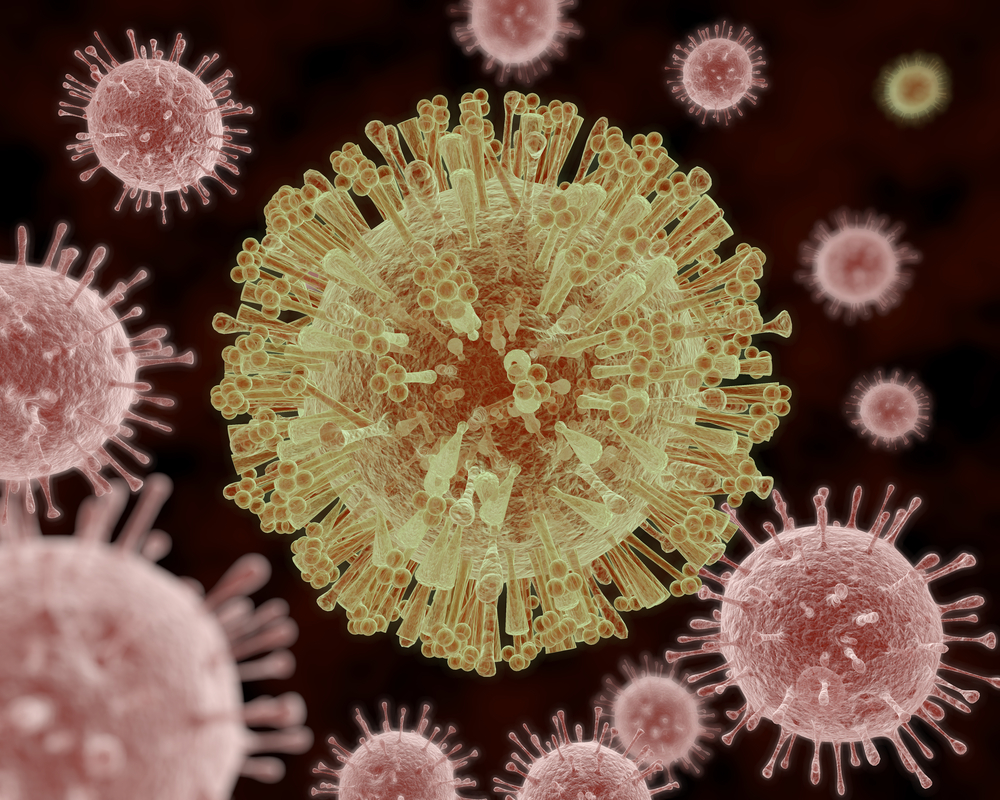-
Tips for becoming a good boxer - November 6, 2020
-
7 expert tips for making your hens night a memorable one - November 6, 2020
-
5 reasons to host your Christmas party on a cruise boat - November 6, 2020
-
What to do when you’re charged with a crime - November 6, 2020
-
Should you get one or multiple dogs? Here’s all you need to know - November 3, 2020
-
A Guide: How to Build Your Very Own Magic Mirror - February 14, 2019
-
Our Top Inspirational Baseball Stars - November 24, 2018
-
Five Tech Tools That Will Help You Turn Your Blog into a Business - November 24, 2018
-
How to Indulge on Vacation without Expanding Your Waist - November 9, 2018
-
5 Strategies for Businesses to Appeal to Today’s Increasingly Mobile-Crazed Customers - November 9, 2018
Pennsylvania firm launches Zika vaccine trial in Puerto Rico
Shares of Inovio Pharmaceuticals (INO) are climbing today after the biotech company announced that it would begin testing a Zika vaccine in Puerto Rico.
Advertisement
The second Zika clinical trial is a double-blind, placebo-controlled study, which comprises 160 healthy adult subjects, and aims to assess the safety, immunogenicity, and efficacy of GLS-5700, administered with Inovio’s CELLECTRA-3P system.
In this regard, president and CEO Joseph Kim commented: “The rapid progression of the Zika outbreak in Puerto Rico provides an immediate and unique opportunity to assess a preventive vaccine in a real world setting”.
Inovio is co-developing GLS-5700 with South Korean firm GeneOne Life Science. Inovio expects to report results before the end of this year. Only Inovio’s vaccine and one being developed by a US government research group have started clinical trials with human subjects, the company told the Inquirer.
The Zika virus was first discovered in Africa back in 1947 and was mostly unknown until it spread to parts of the Caribbean and the southern part of the United States.
In addition, the phase I study of GLS-5700 (N=40) in the US and Canada, which is the first in-human Zika vaccine study, is now fully enrolled. If successful, the company plans to meet with regulators next year to clarify a development path to registration. Small, early-stage studies help assess the safety and promise of an experimental vaccine but can not prove if it really works. The company said its vaccine induced robust antibody and T-cell responses – the immune responses necessary to fight viral infections – in animals. The National Institutes of Health is also studying a DNA-based vaccine rather than the traditional method using a dead or weakened virus.
Advertisement
The virus causes mild flulike symptoms in most people who are infected, but it has also been linked to microcephaly – a condition in which infants are born with abnormally small craniums – Giullain-Barré syndrome and other neurological issues.





























